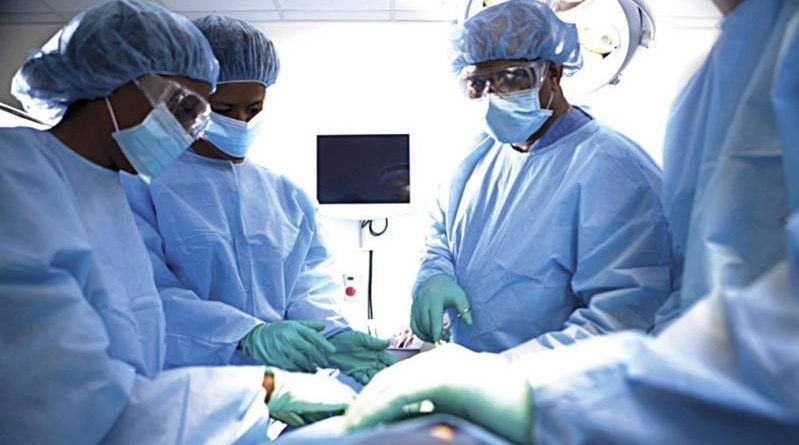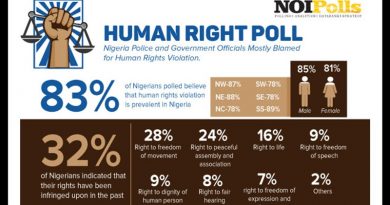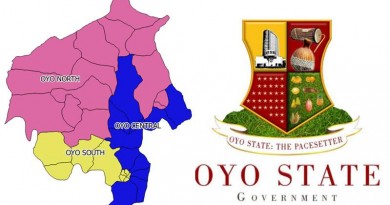Only 58,000 doctors renewed their medical practice license making access to healthcare a rarity with one doctor to over 3,793 persons
The Medical and Dental Council of Nigeria (MDCN) reported that only 58,000 doctors renewed their annual medical practice license out of the 130,000 registered doctors in the country. Dr. Victor Kolawole, the Deputy Registrar of MDCN, made this announcement during the Induction/Oath Taking Ceremony of the 2022–2023 Batch B Medicine and Surgery graduates of Edo State University, Uzairue, on Friday.
The MDCN Deputy Registrar highlighted the fact that there are currently over 130,000 registered doctors in Nigeria since the establishment of the council in 1963. However, due to the rising trend of doctors migrating abroad, only 58,000 doctors renewed their licenses in 2023, indicating their eligibility to practice in Nigeria.
He expressed concern over the increasing number of doctors seeking opportunities overseas and urged the new medical graduates to consider staying in the country to contribute to the healthcare system. He emphasized the importance of maintaining standards in the profession and encouraged other institutions to follow suit in inducting new doctors into the workforce.
By implication this means that for the nation of 220,000,000 million persons, there is on the average one medical doctor to 3,793 persons, assuming that all the 58,000 doctors are practicing in the country. But as things stand, a vast majority of these 58,000 are not practicing locally, leaving a lower number of doctors to attend to the teaming 220,000,000 inhabitants. The World bank in 2021 said that there were 0.395 doctors per 1,000 persons in Nigeria. This translates to 1 doctor to 2,531 persons. In other words, the situation has worsened in the last three years in Nigeria.
Thelancet puts the doctor-patient ratio “deficiency in Nigeria even higher. According to thelancet, “Nigeria is grappling with high levels of skilled health care workers emigrating. The doctor-patient ratio in Nigeria stands at an alarming 1:9083, far from the recommended 1:600 ratio.” In the same manner, the President of the Nigerian medical Association, Dr. Uche Rowland “in some rural areas, patients have to travel more than 30 kilometers from their homes to get medical attention where available thus making access to healthcare a rarity. According to him, “Nigeria requires at least 363,00 additional doctors to meet the minimum doctor-patient ratio target of 1;600
To tackle the problem, thelancet states “It is imperative to adopt a multifaceted approach in tackling this issue. A comprehensive overhaul is necessary, involving a variety of strategies, each with a vital role in reshaping the healthcare landscape. The implementation of clear regulations, coupled with strict penalties for non-compliance, is crucial. These regulations should clearly define the maximum number of hours doctors can work in a specific timeframe, ensuring they have sufficient time for rest and recuperation. Penalties for both institutions and individuals who breach these regulations will act as a deterrent, emphasizing the importance of adhering to the stipulated work-hour limits. Additionally, addressing staffing shortages is of utmost importance. By increasing the number of healthcare professionals through training and recruitment, the strain on current doctors can be alleviated. At the same time, enhancing the well-being of physicians by offering competitive salaries, benefits, and access to mental health support can enhance their overall satisfaction and job contentment.”




